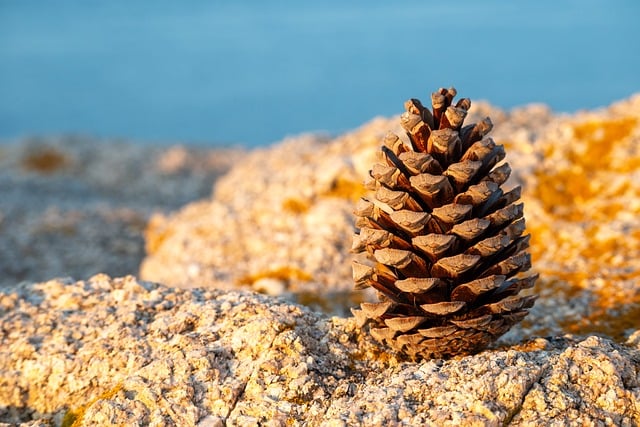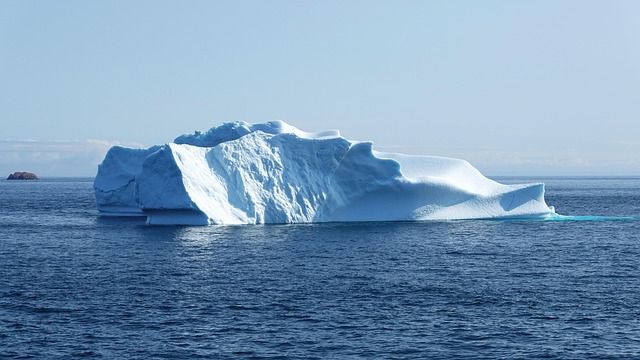As the planet warms and climate change continues to reshape our environment, the delicate ecosystems of our oceans are facing unprecedented challenges. Among the many marine creatures affected, sea snails stand out as a poignant symbol of how climate change is not just an abstract concept, but a tangible threat to life itself. These seemingly unassuming mollusks play critical roles in their ecosystems, yet they are increasingly vulnerable to the impacts of a warming world.
Sea snails, with their intricate shells, are often seen as beautiful and resilient creatures. However, rising ocean temperatures and acidification are melting away at their defenses. The shells of these snails, primarily composed of calcium carbonate, start to dissolve in more acidic waters. This process not only makes their shells weaker but also threatens their very survival. As their homes begin to erode, the implications stretch far beyond the snail population; it disrupts the entire food web, affecting predators and ecosystems alike.
The plight of sea snails serves as a chilling reminder of the interconnectedness of life. When one species suffers, it sends ripples through the entire marine environment. Coral reefs, which provide shelter and food for countless species, are also deteriorating due to warmer waters and increased acidity. As habitats vanish, the survival of sea snails is put in jeopardy, impacting the myriad species that depend on them for a balanced ecosystem.
These marine gastropods are also sensitive indicators of environmental health. Their reactions to changing conditions can provide scientists with valuable insights into the broader impacts of climate change. Monitoring their population changes and shell composition can reveal early warnings about the state of marine life and the health of our oceans. As we witness the melting of these small yet essential beings, it becomes increasingly evident that we must act swiftly to address the climate crisis.
Efforts to protect sea snail populations and their habitats involve a multifaceted approach, including reducing carbon emissions, minimizing ocean pollution, and promoting sustainable fishing practices. Conservation initiatives aimed at restoring marine ecosystems not only serve to protect sea snails but also the diverse life forms that rely on a healthy marine environment. By advocating for the preservation and restoration of these critical habitats, we can help ensure that these beautiful creatures continue to thrive in our oceans.
The threats posed by climate change are daunting, and the melting menace faced by sea snails reminds us that the effects are real and immediate. Their story is not just one of survival; it is a call to action. As we grapple with the challenges of conserving our fragile marine ecosystems, let us remember the humble sea snail. Their fate might seem small in the larger context of climate change, but it echoes a universal truth: the health of our oceans is intrinsically linked to the health of our planet. Every little effort counts, and by standing up for these marine wonders, we can sow the seeds of healing in our environment.




